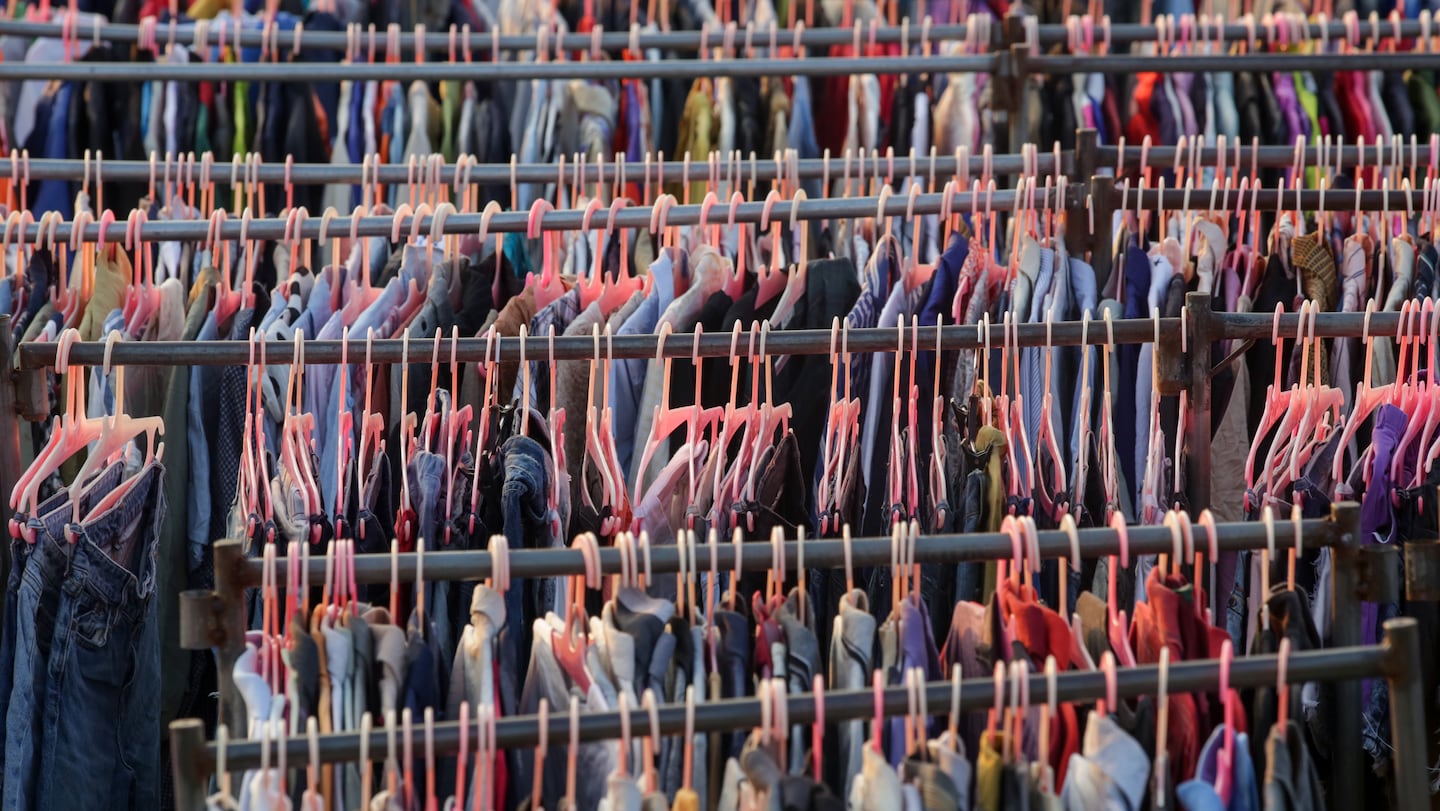The Business of Fashion
Agenda-setting intelligence, analysis and advice for the global fashion community.
Agenda-setting intelligence, analysis and advice for the global fashion community.

France’s lower house of parliament on Thursday approved a bill seeking penalties on ultra-fast fashion products, sold by companies like China’s Shein, aimed at helping to offset their environmental impact.
The bill calls for gradually increasing penalties of up to €10 per individual item of clothing by 2030, as well for a ban on advertising for such products.
All voting lawmakers unanimously approved the bill, which will head to the senate before it can become law.
The popularity of fashion retailers Shein and Temu - which scale up orders based on demand thanks to ultra-flexible supply chains - have disrupted the retail sector while established players like Zara and H&M continue to largely rely on predicting shoppers’ preferences.
ADVERTISEMENT
Shein said in a statement to Reuters that the clothes it produces meet an existing demand, which allows its rate of unsold garments to remain consistently in low single digits, whereas traditional players can have up to 40 percent waste.
It added that the only impact of the bill would be to “worsen the purchasing power of French consumers, at a time when they are already feeling the impact of the cost-of-living crisis.”
The bill comes as the French environmental ministry said it would propose a European Union ban on exports of used clothes, in a bid to tackle the worsening problem of textile waste.
By Mimosa Spencer and Corentin Chappron; Editing by GV De Clercq
Learn more:
Fast Fashion Firms Prepare for EU Crackdown on Waste Mountain
Within a year, the sorting centre run by garment re-use and recycling charity Moda Re plans to double the volume it handles to 40,000 metric tonnes annually.
The industry needs to ditch its reliance on fossil-fuel-based materials like polyester in order to meet climate targets, according to a new report from Textile Exchange.
Cotton linked to environmental and human rights abuses in Brazil is leaking into the supply chains of major fashion brands, a new investigation has found, prompting Zara-owner Inditex to send a scathing rebuke to the industry’s biggest sustainable cotton certifier.
Over the last few years, the run-up to Earth Day has become a marketing frenzy. But a crackdown on greenwashing may be changing the way brands approach their communications strategies.
This week, Sephora announced plans to double down on ‘green’ and ‘clean’ product labels, leaning into an increasingly risky marketing tactic even as a greenwashing crackdown has prompted other brands to pull back.